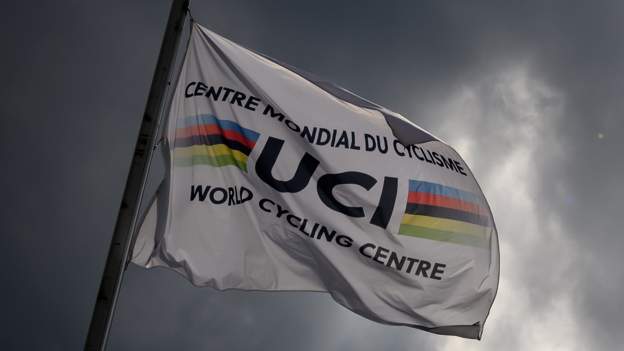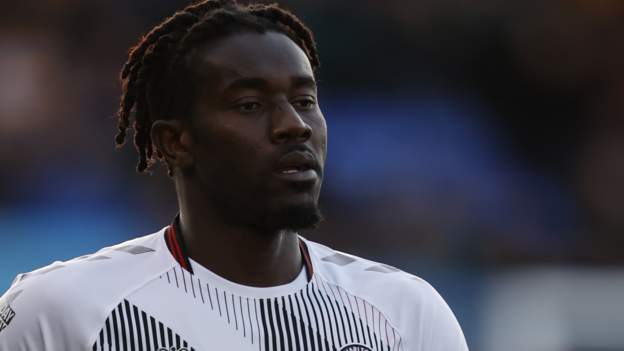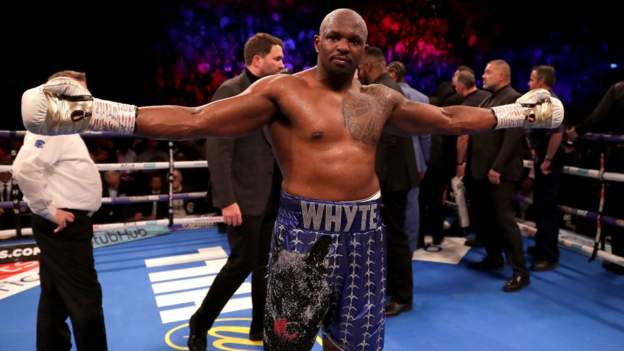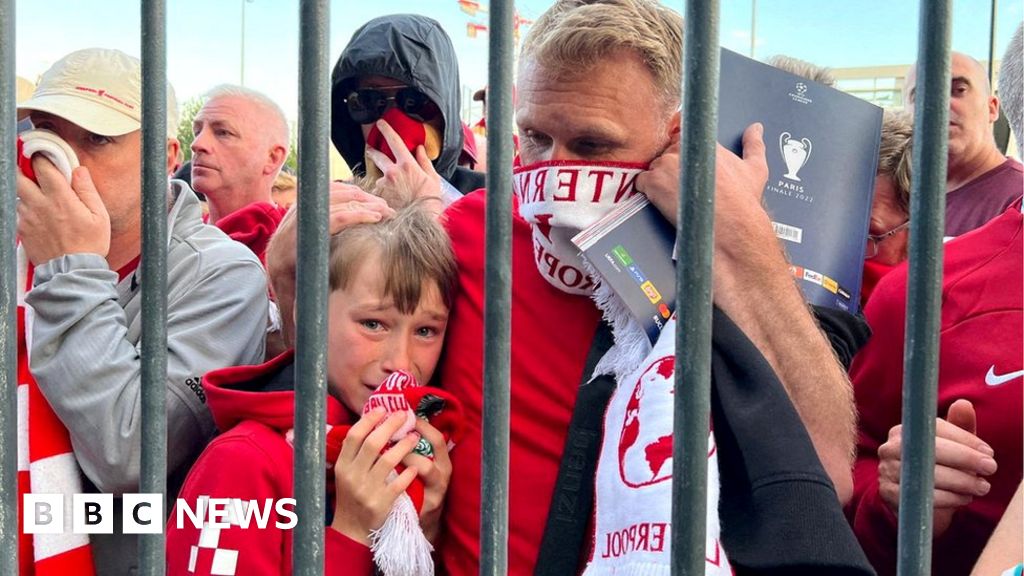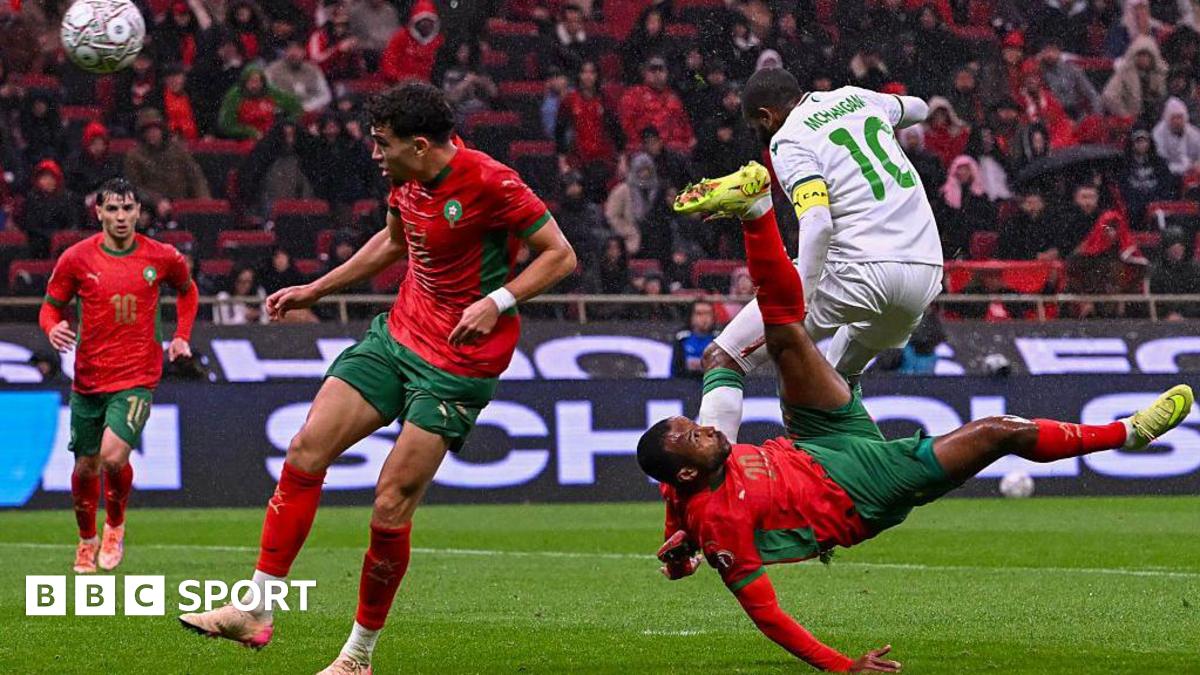World cycling’s governing body has ruled transgender women will be prevented from competing in female events.
The UCI said anyone who has transitioned after male puberty could compete in a ‘men/open’ category.
Female American transgender cyclist Austin Killips won a UCI women’s event two months ago.
In the wake of that result, the world body reopened consultation on the issue, saying it heard “the voice of female athletes and their concerns about an equal playing field for competitors”.
The UCI has renamed the male category ‘men/open’ and added “any athlete who does not meet the conditions for participation in women’s events will be admitted without restriction”.
Previously, transgender women could compete in elite female events provided they met testosterone-based regulations.
Now, the UCI says it has “taken note of the state of scientific knowledge” around hormone therapy, which it says “does not completely eliminate the benefits of testosterone during puberty in men”.
As a result, it concluded action was necessary at international level “as a precautionary measure”.
“Cycling is open to everyone, including transgender people,” said UCI president David Lappartient.
“However [the UCI] has a duty to guarantee equal opportunities for all competitors.”
The UCI also acknowledged rules “may change in the future as scientific knowledge evolves”.
The governing body said the changes would apply to events on the UCI international calendar, including the Women’s World Tour, World Championships and World Cups across different cycling disciplines.
The announcement was welcomed by Great Britain’s Olympic gold medallist Nicole Cooke who tweeted: “Delighted that UCI have updated their policy for participation of transgender athletes in competition. The decision to ensure fair sport for female athletes is the right one. Well done!”
Writing on Instagram, transgender cyclist Emily Bridges said “hope is gone now”.
“Official, sanctioned competitive sport is no longer for trans people,” she wrote.
“We will continue to fight this. In sports labs, in courtrooms and on the streets.”










